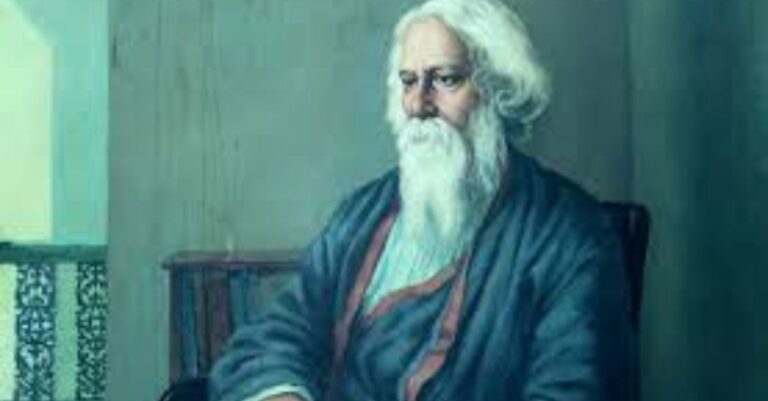
Rabindra – Sangeet (Tagore song): Chitta Pipashito Re / Geetoshudhar Torey – My eternal mind is pining in thirst
My eternal mind is pining in thirst
For the ambrosia of a hymn.

My eternal mind is pining in thirst
For the ambrosia of a hymn.

The tulsil plant at the edge of the yard looked dry. Its leaves became brown again. After the arrival of the police, nobody watered it. Nobody recollected the teary eyes of the woman of the house.
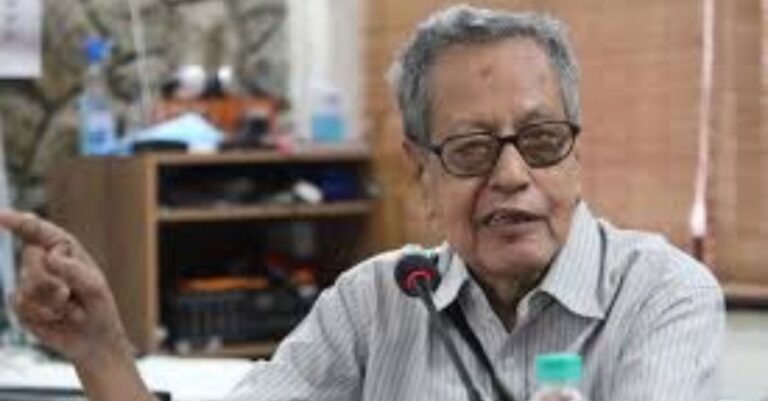
In his death, Marxism has lost a knight. In his death, Indian academia has lost a gem.
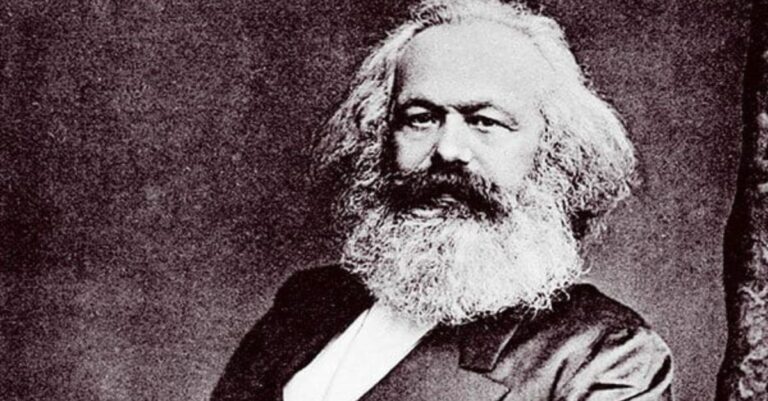
Marx influences many cultural activities/creations in Bangladesh. It ranges from songs, dances and dramas to drawings, pictures, sculptures and motifs. Posters, leaflets, banners and graffiti, and slogans in processions in Bangladesh fail to escape Marx.
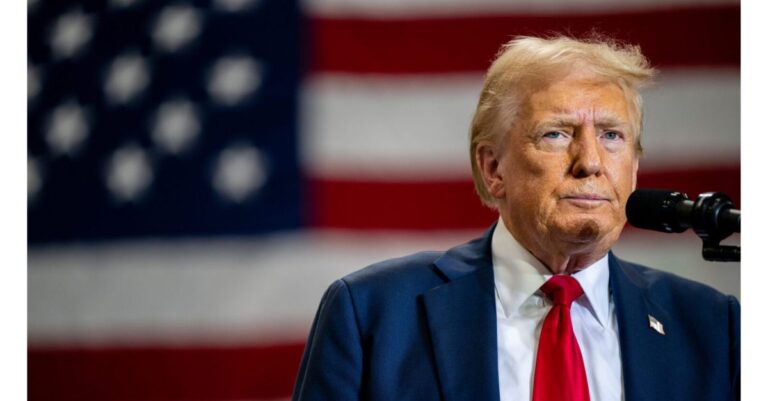
Trump is making a lot of people within and outside the United States nervous. Most believe that Trump is bad news all round.

The loss of Saibaba to the Human rights and academic community is immense, An activist, from being a part of OBC reservation movements to working with farmers movements, to protesting against crimes against Dalits and Adivasis along with challenging the brute repression by segments of the Indian state in Tribal areas of India.
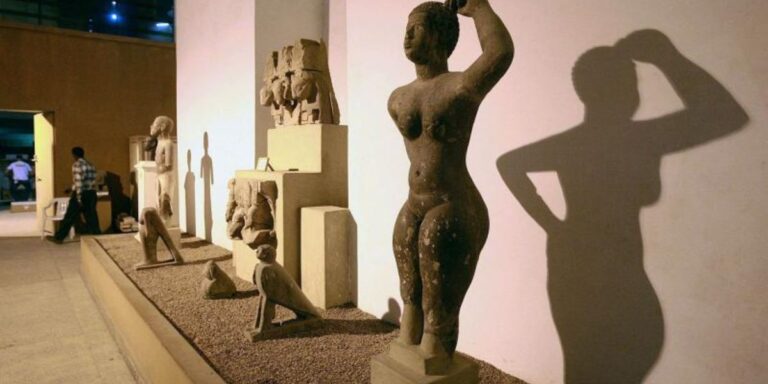
The restored materials in the National Museum serve as touchstones of Sudanese identity and symbolise resilience. Future generations will no longer have access to the reminders of their ancestry that express the complexity of their identity.

The question is why should the global south pay for the profligacy of the likes of Taylor Swift, Elon Musk and the like?
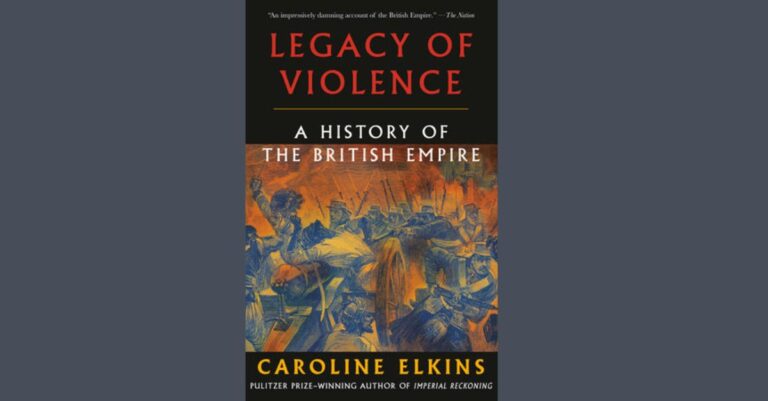
It encompasses about two hundred years of British imperial history, leaving out the depredations of the empire in North America . It is a sordid tale of violence shellacked over with propaganda, hubris, racism, a willingly compliant press, and an ignorant domestic audience.
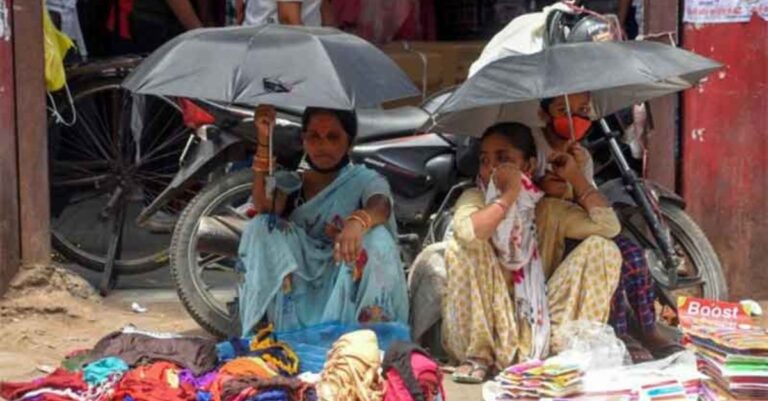
2024 witnessed extreme heatwave conditions. As per analysis of Heat Watch, there were about 600 deaths due to heat waves.